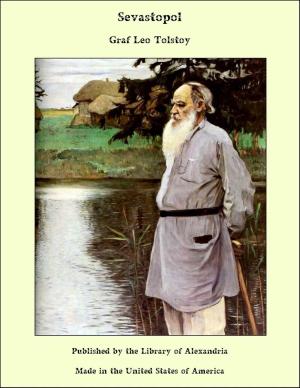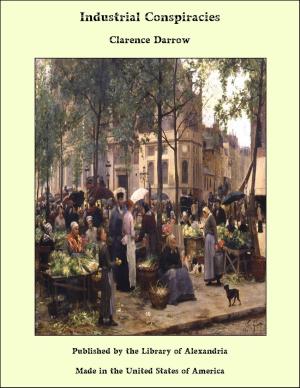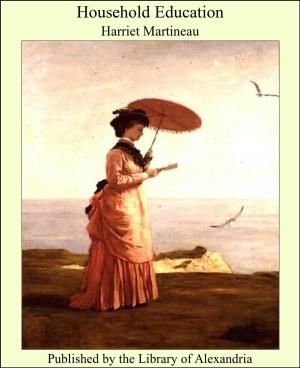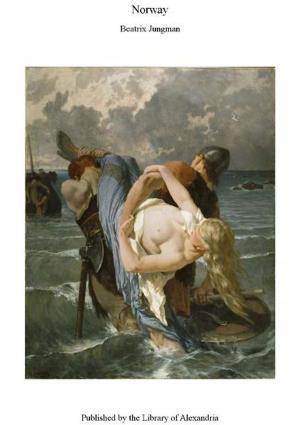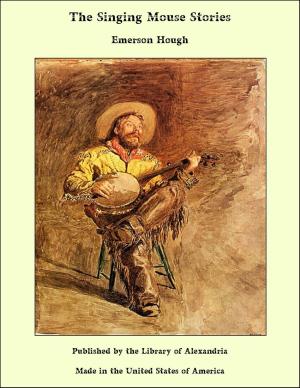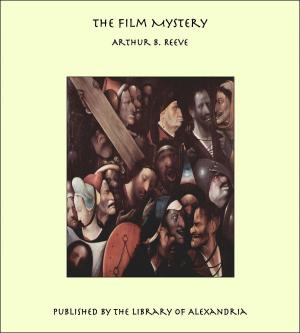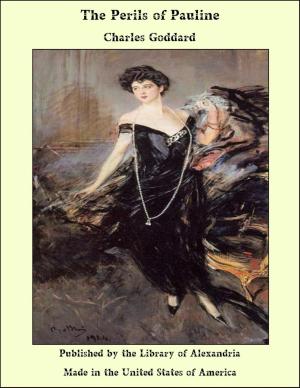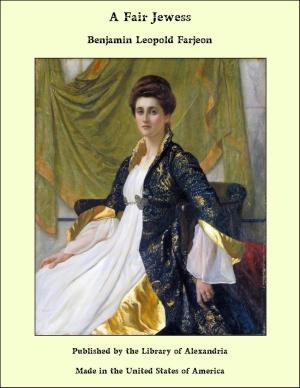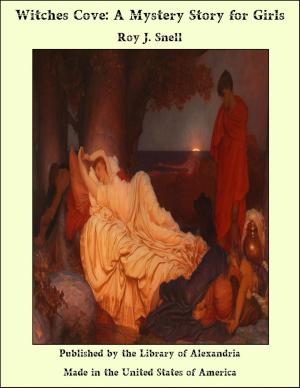| Author: | Margaret Oliphant Wilson Oliphant | ISBN: | 9781465616807 |
| Publisher: | Library of Alexandria | Publication: | March 8, 2015 |
| Imprint: | Language: | English |
| Author: | Margaret Oliphant Wilson Oliphant |
| ISBN: | 9781465616807 |
| Publisher: | Library of Alexandria |
| Publication: | March 8, 2015 |
| Imprint: | |
| Language: | English |
One of them is very pretty—you can see that at a glance: under the simple bonnet, and through the thin little veil, which throws no cloud upon its beauty, shines the sweetest girl’s face imaginable. It is only eighteen years old, and not at all of the heroical cast, but it brightens like a passing sunbeam through all the sombre line of passengers, and along the dull background of this ordinary street. There is no resisting that sweet unconscious influence: people smile when they pass her, unawares; it is a natural homage paid involuntarily to the young, sweet, innocent loveliness, unconscious of its own power. People have smiled upon her all her days; she thinks it is because everybody is amiable, and seeks no further for a cause. The other one is not very pretty; she is twenty: she is taller, paler, not so bright of natural expression, yet as far from being commonplace as can be conceived. They are dressed entirely alike, thriftily dressed in brown merino, with little cloaks exact to the same pattern, and bonnets, of which every bow of ribbon outside, and every little pink rosebud within, is a complete fac-simile of its sister bud and bow. They have little paper-parcels in their hands each of them; they are about the same height, and not much different in age; and to see these twin figures, so entirely resembling each other, passing along at the same inconsistent youthful pace, now rapid and now lingering, you would scarcely be prepared for the characteristic difference in their looks and in their minds. It is a spring afternoon, cheery but cold, and lamps and shop-windows are already beginning to shine through the ruddy twilight. This is a suburban street, with shops here and there, and sombre lines of houses between. The houses are all graced with “front gardens,” strips of ground enriched with a few smoky evergreens, and flower-plots ignorant of flowers; and the shops are of a highly miscellaneous character, adapted to the wants of the locality. Vast London roars and travails far away to the west and to the south. This is Islington, a mercantile and clerkish suburb. The people on the omnibuses—and all the omnibuses are top-heavy with outside passengers—are people from the City; and at this time in the afternoon, as a general principle, everybody is going home. The two sisters, by a common consent, come to a sudden pause: it is before a toy-shop; and it is easy to discover by the discussion which follows that there are certain smaller people who form an important part of the household at home.
One of them is very pretty—you can see that at a glance: under the simple bonnet, and through the thin little veil, which throws no cloud upon its beauty, shines the sweetest girl’s face imaginable. It is only eighteen years old, and not at all of the heroical cast, but it brightens like a passing sunbeam through all the sombre line of passengers, and along the dull background of this ordinary street. There is no resisting that sweet unconscious influence: people smile when they pass her, unawares; it is a natural homage paid involuntarily to the young, sweet, innocent loveliness, unconscious of its own power. People have smiled upon her all her days; she thinks it is because everybody is amiable, and seeks no further for a cause. The other one is not very pretty; she is twenty: she is taller, paler, not so bright of natural expression, yet as far from being commonplace as can be conceived. They are dressed entirely alike, thriftily dressed in brown merino, with little cloaks exact to the same pattern, and bonnets, of which every bow of ribbon outside, and every little pink rosebud within, is a complete fac-simile of its sister bud and bow. They have little paper-parcels in their hands each of them; they are about the same height, and not much different in age; and to see these twin figures, so entirely resembling each other, passing along at the same inconsistent youthful pace, now rapid and now lingering, you would scarcely be prepared for the characteristic difference in their looks and in their minds. It is a spring afternoon, cheery but cold, and lamps and shop-windows are already beginning to shine through the ruddy twilight. This is a suburban street, with shops here and there, and sombre lines of houses between. The houses are all graced with “front gardens,” strips of ground enriched with a few smoky evergreens, and flower-plots ignorant of flowers; and the shops are of a highly miscellaneous character, adapted to the wants of the locality. Vast London roars and travails far away to the west and to the south. This is Islington, a mercantile and clerkish suburb. The people on the omnibuses—and all the omnibuses are top-heavy with outside passengers—are people from the City; and at this time in the afternoon, as a general principle, everybody is going home. The two sisters, by a common consent, come to a sudden pause: it is before a toy-shop; and it is easy to discover by the discussion which follows that there are certain smaller people who form an important part of the household at home.

